Aging gracefully isn’t just about genes—it’s about choices. And one of the most powerful choices you can make after turning 50 is what you put on your plate.
As your body evolves, so do its nutritional needs. The right foods can sharpen your mind, strengthen your heart, and fuel your energy, while the wrong ones may quietly chip away at your health.
In this guide, we’re diving into 10 of the best foods to support healthy aging—delicious, nutrient-dense picks that help you stay vibrant, mobile, and mentally sharp. We’ll also spotlight 5 common foods that might be doing more harm than good as the years go by.
Avocado
Imagine starting your morning with a creamy avocado toast. Avocados are a powerhouse of healthy fats, particularly monounsaturated fats, which are heart-healthy. These fats are crucial for maintaining good cholesterol levels and supporting heart health.
Beyond fats, avocados provide a wealth of vitamins, such as vitamin K, C, and several B vitamins. They are fiber-rich, promoting good digestion and helping you feel full longer. This can be particularly beneficial for maintaining a healthy weight as metabolism changes.
Their potassium content rivals bananas, helping to control blood pressure, which is vital as we age. Plus, with their buttery texture and versatile use in meals, avocados are an easy and delicious addition to any diet. Search “avocado health benefits for seniors” to discover more.
Salmon
Picture a delicious dinner with roasted salmon. Known for its high omega-3 fatty acids content, salmon is essential for brain and heart health. These fatty acids reduce inflammation and have been linked to lower risks of heart disease.
Salmon is also a fantastic source of high-quality protein, which supports muscle maintenance and repair. As we age, preserving muscle mass becomes increasingly important to maintain strength and mobility.
Additionally, salmon provides Vitamin D, which is vital for bone health, and can help in improving mood and cognitive function. Its rich, flavorful profile makes it a popular choice for meals designed to delight and nourish. A search for “salmon omega-3 benefits after 50” will offer more insights.
Blueberries
Have you ever reached for a handful of blueberries as a snack? These tiny fruits are packed with antioxidants, which are powerful allies in combating oxidative stress and inflammation, both common as we age.
Rich in Vitamin C and Vitamin K, blueberries also support immune function and bone health. They are linked to improved brain health, potentially reducing the risk of cognitive decline with their flavonoid content.
Their natural sweetness and vibrant color make them an appealing addition to many dishes, from breakfast cereals to salads. Regular consumption can bring a delightful and health-boosting twist to your meals. For more on their benefits, look up “blueberry antioxidants and aging.”
Nuts
A handful of nuts might just be the crunchy delight you need. Nuts provide a mix of healthy fats, protein, and fiber, making them a satisfying snack that promotes heart health.
Almonds, walnuts, and pistachios are particularly beneficial. They contain antioxidants and essential nutrients like magnesium, which support bone health and muscle function. Consuming nuts has been associated with lower cholesterol levels and reduced inflammation.
They are versatile, fitting well into various culinary uses, from salads to desserts. Including nuts in your diet can be a tasty way to support longevity and vitality. Explore “nut health benefits for older adults” for more information.
Leafy Greens
Think of a lush, green garden. Leafy greens like spinach, kale, and arugula are rich in vital nutrients. They are an excellent source of vitamins A, C, and K, along with folate and fiber.
These greens are known for their role in supporting eye health, reducing the risk of cataracts and age-related macular degeneration. The fiber content aids digestion and keeps you feeling full, which can help manage weight.
Their versatility in cooking—from salads to smoothies—makes them easy to incorporate into meals. Embracing leafy greens can be a simple yet powerful way to enrich your diet. To delve deeper, search “leafy greens benefits for seniors.”
Whole Grains
Imagine the hearty satisfaction of whole grains in your breakfast. Whole grains like oats, quinoa, and brown rice provide essential nutrients, including B vitamins, iron, and fiber, which are crucial for heart and digestive health.
Their slow-digesting nature helps maintain steady blood sugar levels, reducing the risk of type 2 diabetes—a concern for many over 50. Whole grains also support weight management by keeping you fuller for longer.
Incorporating them into your diet can enhance meals with both flavor and texture. Their role in promoting overall wellness makes them a must-have on your grocery list. For more insights, search “whole grain nutrition benefits after 50.”
Beans and Legumes
A bowl of beans can be a delightful addition to any meal. Beans and legumes are rich in protein and fiber, supporting digestive health and providing lasting energy.
They are known for their heart-protective properties, with studies linking their consumption to lower blood pressure and cholesterol levels. These plant-based proteins are essential for maintaining muscle mass as we age.
Beans are also cost-effective and versatile, fitting well into a variety of dishes from stews to salads. Incorporating them into your diet can be both nourishing and satisfying. Explore “beans for heart health after 50” for more details.
Olive Oil
Drizzle a little olive oil, and suddenly, your dish transforms. Olive oil, especially extra virgin, is renowned for its heart-healthy monounsaturated fats.
These fats help reduce inflammation and lower the risk of chronic diseases. Olive oil is also rich in antioxidants, which protect cells from damage, playing a role in preventing age-related illnesses.
Its rich flavor enhances salads, roasted vegetables, and even bread. Embracing olive oil in your cooking can bring both taste and health benefits. Look up “olive oil benefits for aging health” to discover more.
Turmeric
A pinch of turmeric can add a golden hue and health boost to your meal. Known for its anti-inflammatory properties, turmeric has long been used in traditional medicine.
Curcumin, its active compound, is linked to reduced inflammation and improved brain function. It’s also believed to lower the risk of heart disease and has been studied for its potential in preventing Alzheimer’s disease.
Turmeric’s earthy flavor complements a variety of dishes, from curries to teas. Incorporating it into your diet can be both flavorful and beneficial. Search “turmeric health benefits for seniors” for more information.
Dark Chocolate
Indulging in a square of dark chocolate can be a delightful treat. Dark chocolate is rich in flavonoids, which have antioxidant and anti-inflammatory effects.
These compounds are known to support heart health by improving blood flow and reducing the risk of heart disease. Dark chocolate also contains magnesium, which is essential for bone and muscle health.
Enjoying it in moderation can be a guilt-free pleasure, offering both taste and wellness benefits. It’s a delicious way to incorporate a bit of joy into your diet. Explore “dark chocolate health benefits over 50” for more.
Let’s now move on to some of the foods you should probably leave behind.
Sugary Snacks
Sugary snacks might tempt you with their bright colors and sweet flavors, but they often come with hidden health costs. Consuming too much sugar can lead to weight gain, increased risk of type 2 diabetes, and heart disease.
They provide empty calories with little to no nutritional value and can cause spikes in blood sugar levels. Over time, this can affect energy levels and mood, leading to fatigue and irritability.
While occasional indulgence is fine, it’s wise to limit these snacks and opt for healthier alternatives. Being mindful of sugar intake can contribute to a healthier lifestyle. Search “effects of sugary snacks on aging health” for more insights.
Processed Meats
Processed meats might add convenience to meals, but they often carry health risks. High in sodium, preservatives, and unhealthy fats, these meats can increase the risk of heart disease and certain cancers.
Regular consumption has been linked to higher rates of colorectal cancer and other chronic diseases. They can also contribute to high blood pressure, a common concern as we age.
Exploring healthier protein options like fresh meats or plant-based proteins can be beneficial. Reducing intake of processed meats is a smart move for long-term health. Look up “health risks of processed meats over 50” for more information.
Soda and Sugary Drinks
Refreshing as they might seem, sodas and sugary drinks come with a slew of health concerns. Packed with sugar and additives, they can lead to weight gain and increased risk of type 2 diabetes.
These drinks provide no essential nutrients, making them an unhealthy choice for regular consumption. Excessive intake can also contribute to dental problems, including cavities and tooth decay.
Opting for water or natural juices can be a refreshing and healthier alternative. Understanding the impact of sugary drinks can help in making better beverage choices. Search “sugar drinks health effects after 50” for more details.
Fried Foods
Fried foods may satisfy cravings, but they’re often loaded with unhealthy fats and calories. Regular consumption can contribute to weight gain and increase the risk of heart disease.
These foods are usually cooked in oils high in trans fats, which are known to raise bad cholesterol levels and lower good cholesterol. This can lead to clogged arteries and other cardiovascular issues.
Choosing baked or grilled options can offer similar flavors with fewer health risks. Limiting fried foods can be a crucial step towards better health. Explore “fried foods impact on heart health after 50” for more insights.
Refined Grains
Refined grains, although soft and appealing, often lack the nutrients present in their whole grain counterparts. These grains are stripped of fiber, vitamins, and minerals during processing.
Eating them can lead to rapid spikes in blood sugar, increasing hunger and potentially leading to overeating. Over time, this can contribute to weight gain and heightened risk of type 2 diabetes.
Opting for whole grains can provide more balanced nutrition and better support overall health. Replacing refined grains with whole grains is a positive dietary change. Look up “refined grains vs whole grains benefits” for more information.
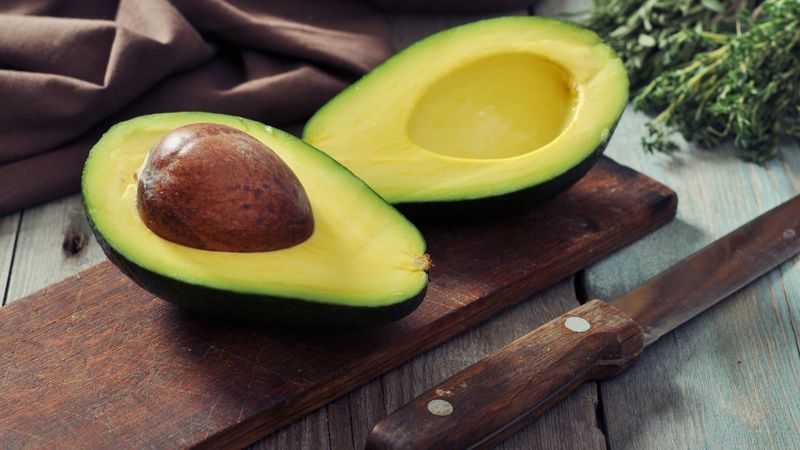
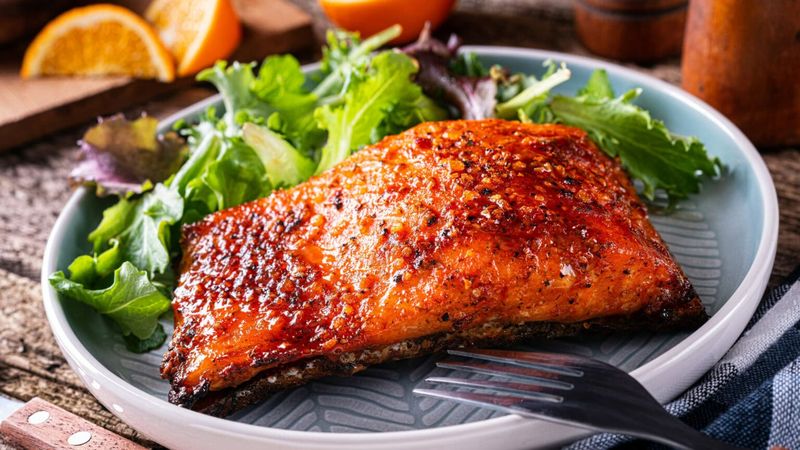
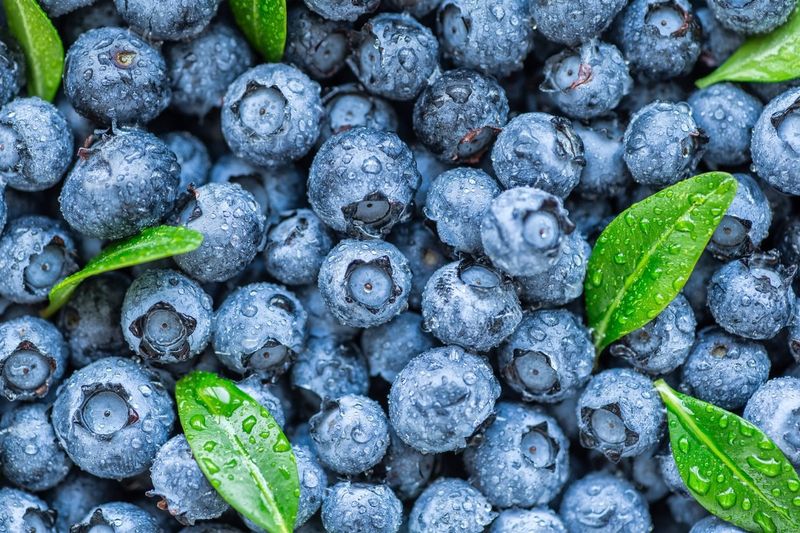
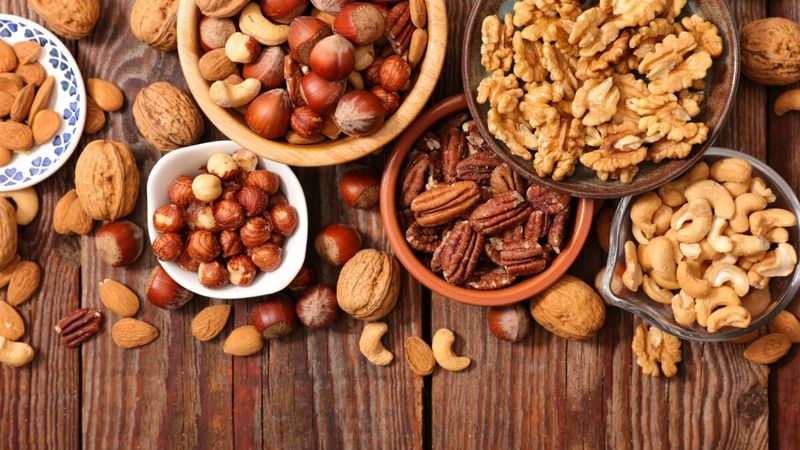

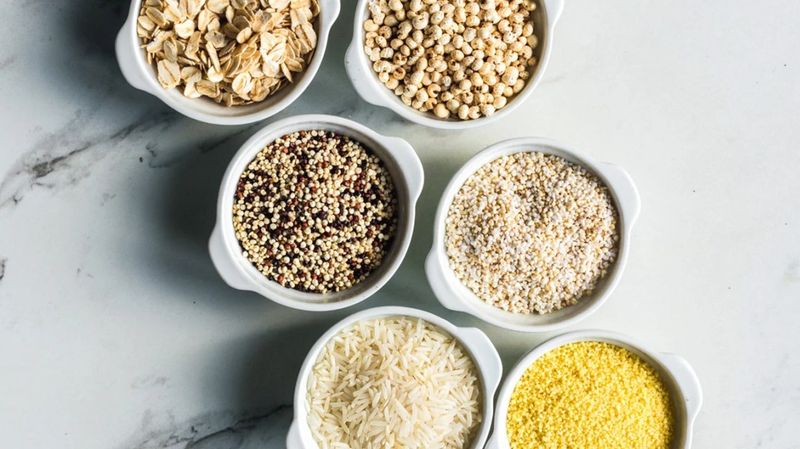
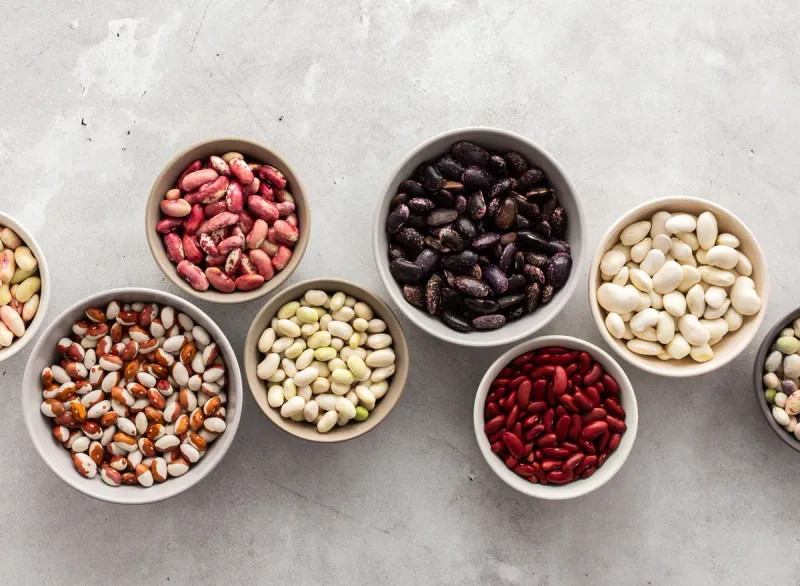

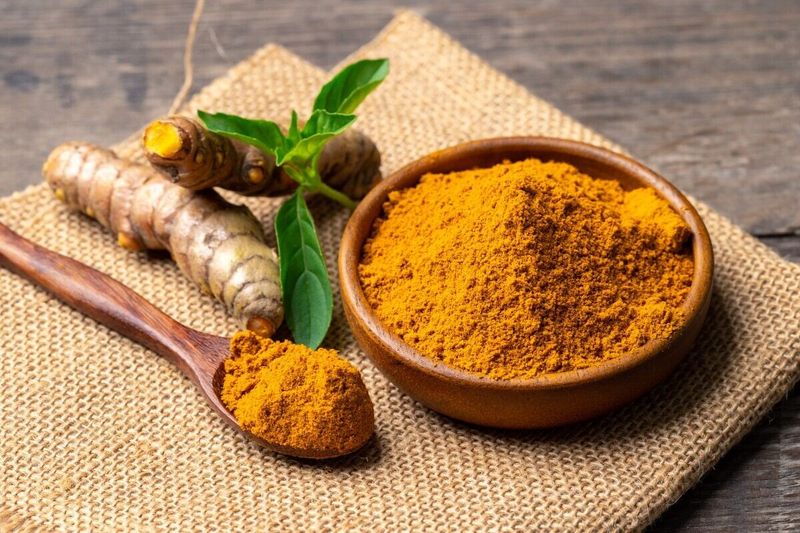
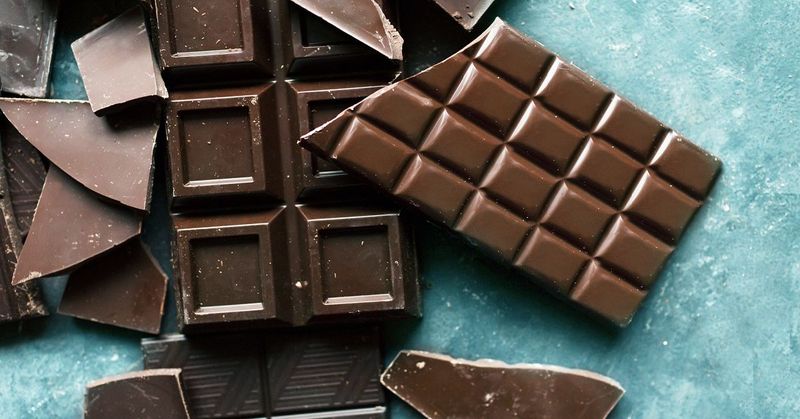




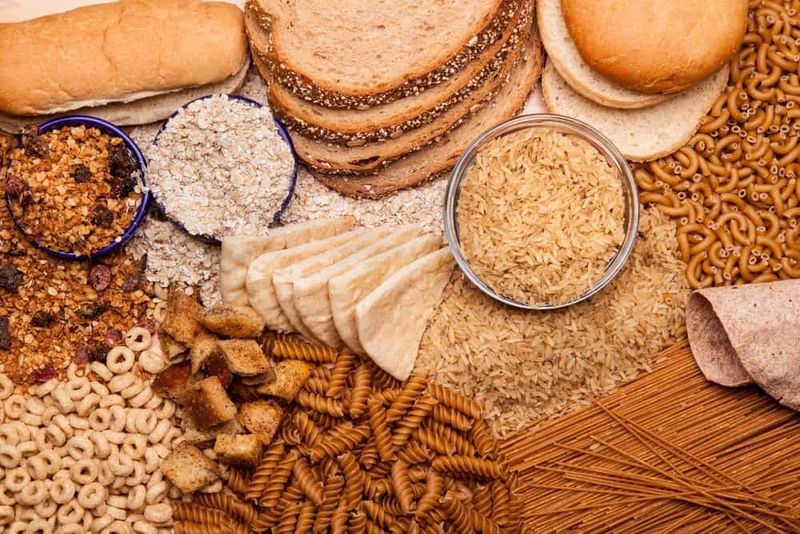
Leave a comment